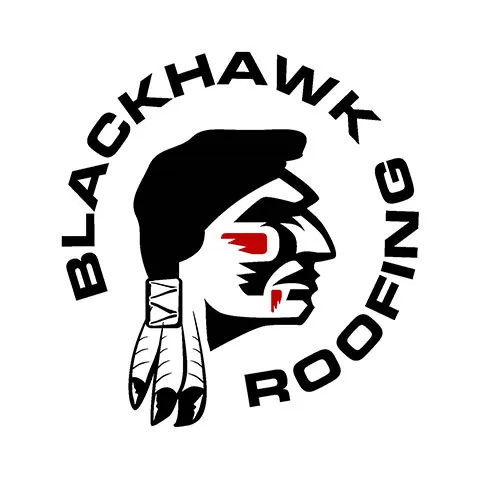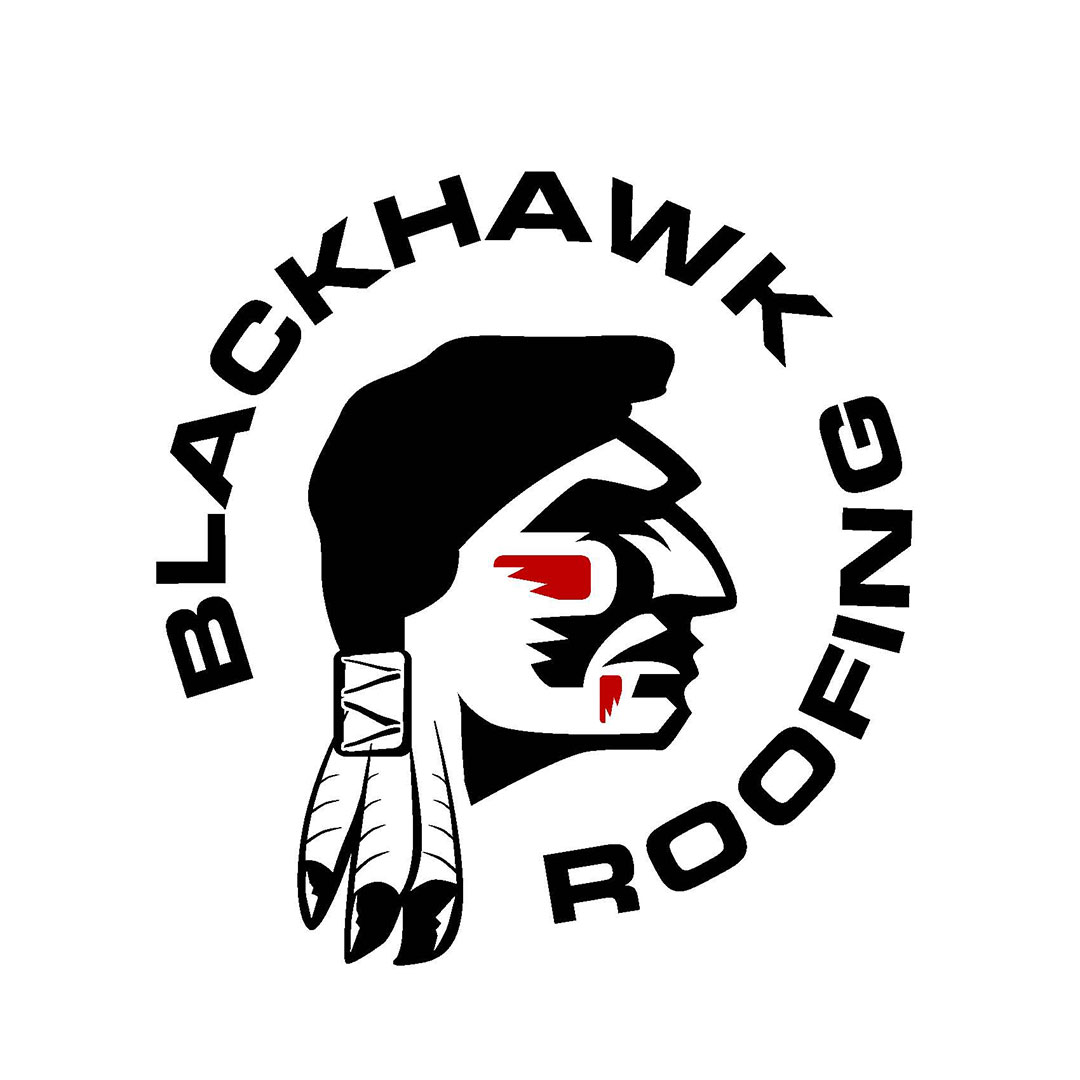
Residential roof inspections
Your roof is the unsung hero of your home, protecting your family and belongings. Here's what you can expect during a residential roof inspection.


Roof inspection basics
Get the lowdown on what to expect during a routine roof inspection
Your roof is the unsung hero of the home—protecting your family from harsh weather, extreme temperatures, and pesky critters. However, it's essential to perform regular roof inspections to keep your roof in fighting shape. Roofing inspections will check for any issues that need repairing, out-of-place items, and whether your roof is withstanding the test of time. But how does this differ from a regular home inspection, and how often do you need to check on your roof? Here's everything you need to know about roof inspections.
Why do you need a roof inspection?
Residential roof inspections are highly recommended since they can detect possible damage from weather and pests, as well as structural issues caused by inappropriate installation or poor maintenance. A professional roof inspector will carefully inspect all components of the roof, from shingles and flashing to the ventilation system, to ensure that the roof is structurally sound. Furthermore, conducting a routine inspection regularly will allow for that any issues and potential future problems can be detected and repaired in a timely manner before they become costly repairs. Hiring an experienced roof inspector allows you to make sure your roof is in good condition and avoid any unnecessary costs!
Here's a quick rundown of why you might need a roof inspection:
- Annual inspection
- I noticed leaks coming from the ceiling
- Experienced a recent storm that included high winds, debris, and heavy rain or snow
- Preparing your home for hurricane or snow season
- Looking to sell or refinance your home
- If you've recently purchased a home without a home inspection
- Your insurance company has requested a roof inspection
How often should you schedule a roof inspection?
Residential roof inspections should be scheduled at least once a year, to get ahead of any potential problems and avoid costly repairs down the road. This task is best conducted in early fall or early spring, and even more important if you've recently purchased a home that may not have had a proper inspection for up to ten years or more. It's worth noting that without an annual roof inspection, it's impossible to know how long your roof will remain in good condition and can also lead to bigger issues going undetected. Consequently, having regular inspections is the most effective way to protect your home against costly damage in the future.
How much does a roof inspection cost?
It varies, based upon the type of roof inspection required. This depends on the extent of the inspection and the level of detail requested, the design and steepness of your roof, and the type of roofing material used.
Physical Roof Inspection
A physical roof inspection will consist of someone climbing onto the roof to perform the inspection. This is the simplest type of roof inspection, and it relies primarily on visuals. The average physical roof inspection will cost anywhere from $75.00 to $200.00.
Drone Roof Inspection
Homeowners can request a drone roof inspection when there's too much risk involved with getting onto the roof. This type of inspection typically occurs when the roof is very steep or not walkable. The drone flies around the house's exterior, providing videos or pictures. Expect to pay $150.00 to $400.00 for a drone roof inspection.
What's included in a roof inspection?
A roof inspector will examine every roof component, including its structural support, the roofing material's stability, and any signs of damage throughout the ceiling and walls.
Structural Inspection
The structural inspection will check how well the overall roof system holds up. This part of the evaluation requires looking for any signs that may point toward a sagging roof, based on how the roof planes are laid out. While the inspector is on the roof, they'll also look at the condition of your soffit, fascia, and gutters. If you have any skylights, chimneys, or vents, they'll check the grout, seals, and exterior for any signs of damage to these systems.
The structural inspection doesn't focus on finding damaged or missing roofing materials but instead examines the well-being of the main components of the roofing system. Signs that your roof may be sagging include:
- Cracked, splintered, or rotted rafters or trusses
- Sagging ceilings
- Missing or damaged collar ties
- Missing or damaged rafter ties
- Exterior walls that are tilting or leaning
Material Inspection
The material portion of the roof inspection will focus on the roofing materials, including shingles, metal plates, clay, or even slate shingles. The inspector will examine them for damages, missing materials, or staining from rust, moss, or water damage. The material inspection also includes checking the flashing underneath the roofing material for any signs of leaks, cracks, or pests.
Interior Inspection
The interior portion of the inspection will tackle any damage to the roof that isn't visible from the outside. Inspectors will check ceilings, attics, and even walls throughout the home's inside. The signs will typically include the following:
- Water stains
- Wood rot
- Mold
- Holes in the walls or ceilings
- Beams of light coming into the attic from the ceiling
- Pests in the attic
Blackhawk Roofing has built replacement roofs for thousands of residential and commercial customers in Springfield and Central Illinois. We've also done many hundreds of roof repairs. Blackhawk Roofing provides outstanding value on every project. Call owner Dan Schnell at 217-741-6251 to request a Free Estimate.

Licensed Roofing Contractor
Blackhawk Roofing is a licensed, certified, and insured roofing contractor. We specialize in residential roofing and EPDM commercial roofing. We have repaired or replaced thousands of old and damaged roofs in Springfield and Central Illinois.
Latest posts
Proud to be the best roofing contractor in Springfield





